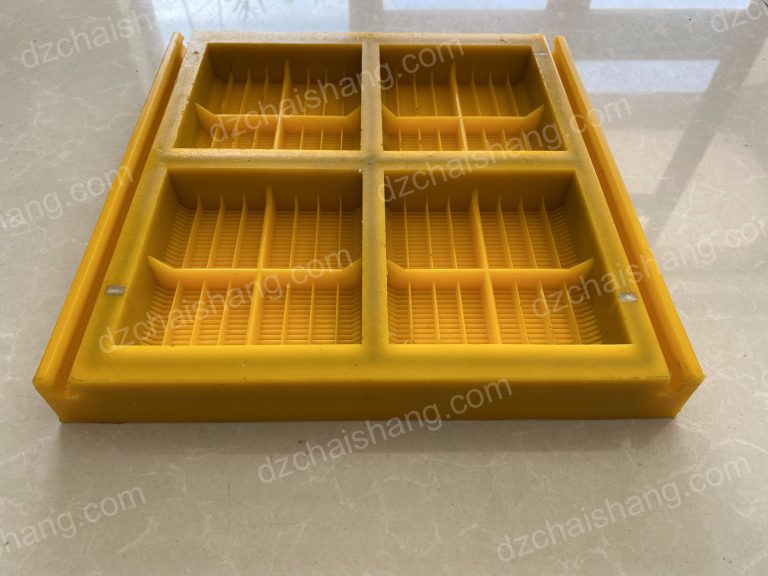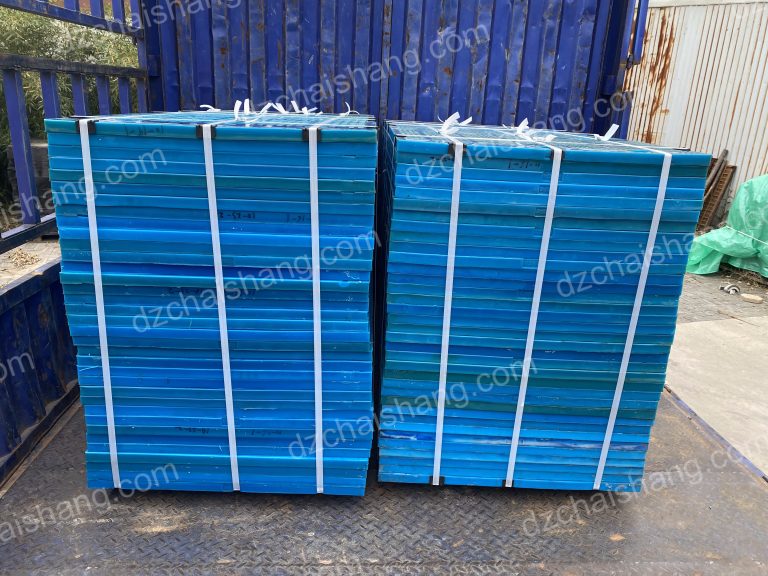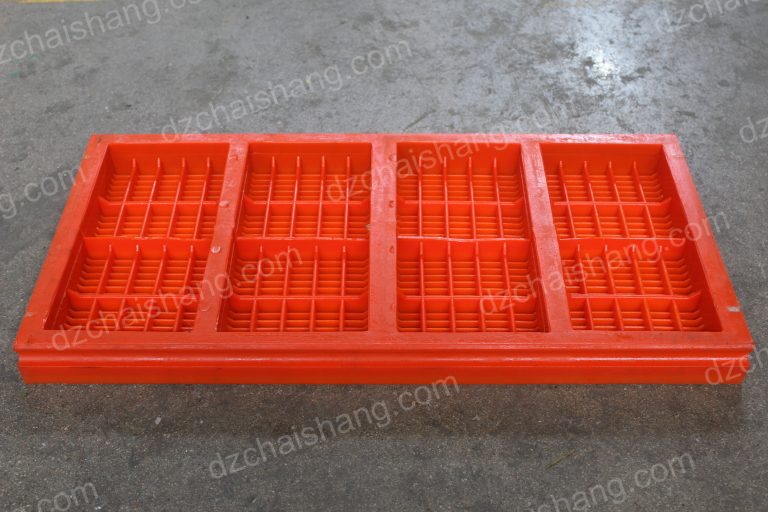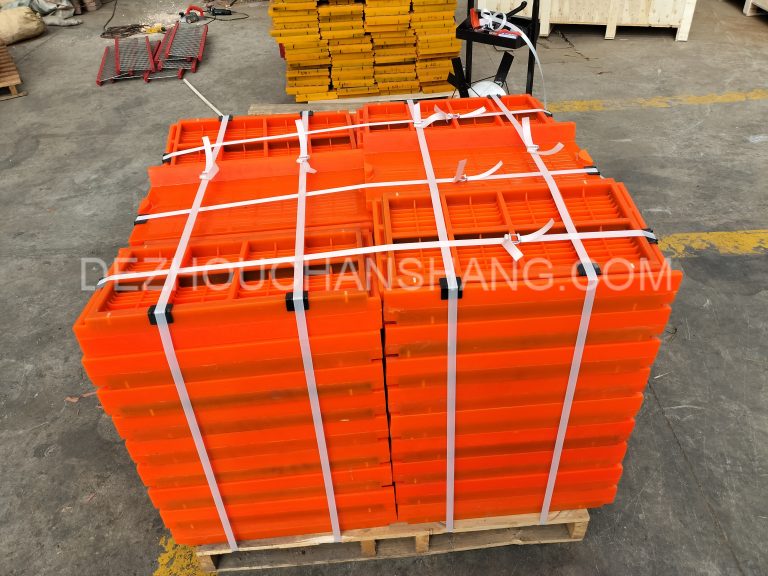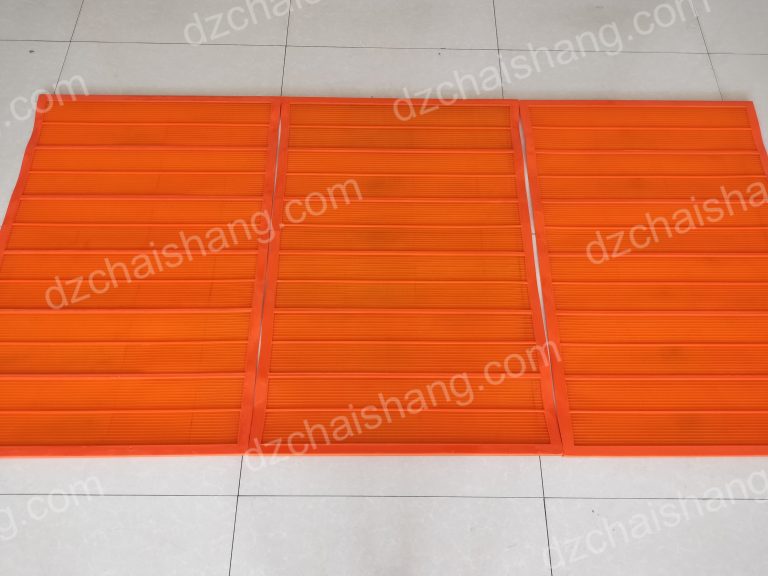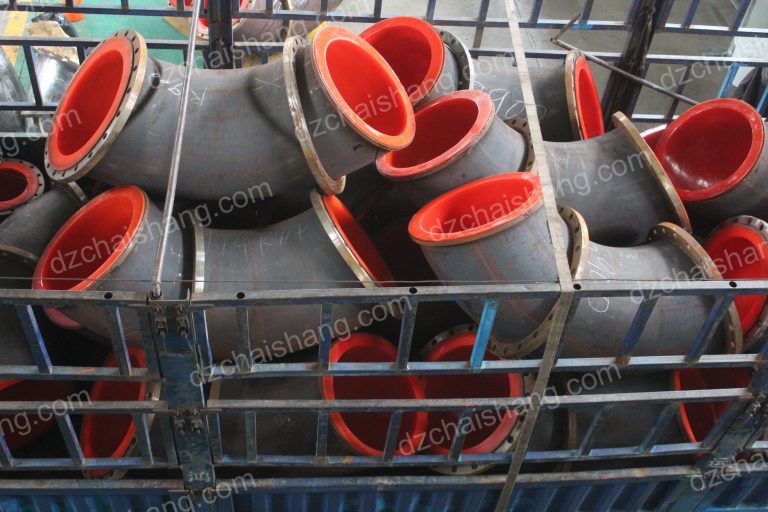Benefits of Using polyurethane Tailings dewatering screen Plate
Polyurethane tailings dewatering screen plates have gained popularity in various industries due to their numerous benefits. These plates are widely used in the mining, construction, and chemical industries, among others, for their ability to efficiently separate solid particles from liquids. In this article, we will explore the benefits of using polyurethane tailings dewatering screen plates and discuss their unique characteristics.
One of the key advantages of polyurethane tailings dewatering screen plates is their high wear resistance. These plates are designed to withstand the harsh conditions of the mining and construction industries, where they are exposed to abrasive materials and heavy loads. Unlike traditional screen plates made of steel or rubber, polyurethane plates are more durable and have a longer lifespan. This not only reduces maintenance costs but also ensures uninterrupted operation of the dewatering process.
Another benefit of using polyurethane tailings dewatering screen plates is their excellent corrosion resistance. In industries where corrosive materials are present, such as the chemical industry, these plates offer superior protection against chemical reactions. Polyurethane is inherently resistant to many chemicals, making it an ideal material for dewatering applications. This corrosion resistance extends the lifespan of the screen plates and ensures the quality of the separated materials.
Polyurethane tailings dewatering screen plates also offer exceptional flexibility. Unlike rigid screen plates, polyurethane plates can be easily molded into various shapes and sizes to fit different dewatering equipment. This flexibility allows for customization and ensures a perfect fit, resulting in improved efficiency and performance. Additionally, the flexibility of polyurethane plates enables them to withstand vibrations and impacts, further enhancing their durability.
Furthermore, polyurethane tailings dewatering screen plates have excellent anti-blocking properties. The unique design of these plates prevents the clogging of screen openings, ensuring a continuous flow of liquids and efficient separation of solids. This anti-blocking feature is particularly beneficial in applications where fine particles or sticky materials are present. By preventing blockages, polyurethane plates minimize downtime and increase productivity.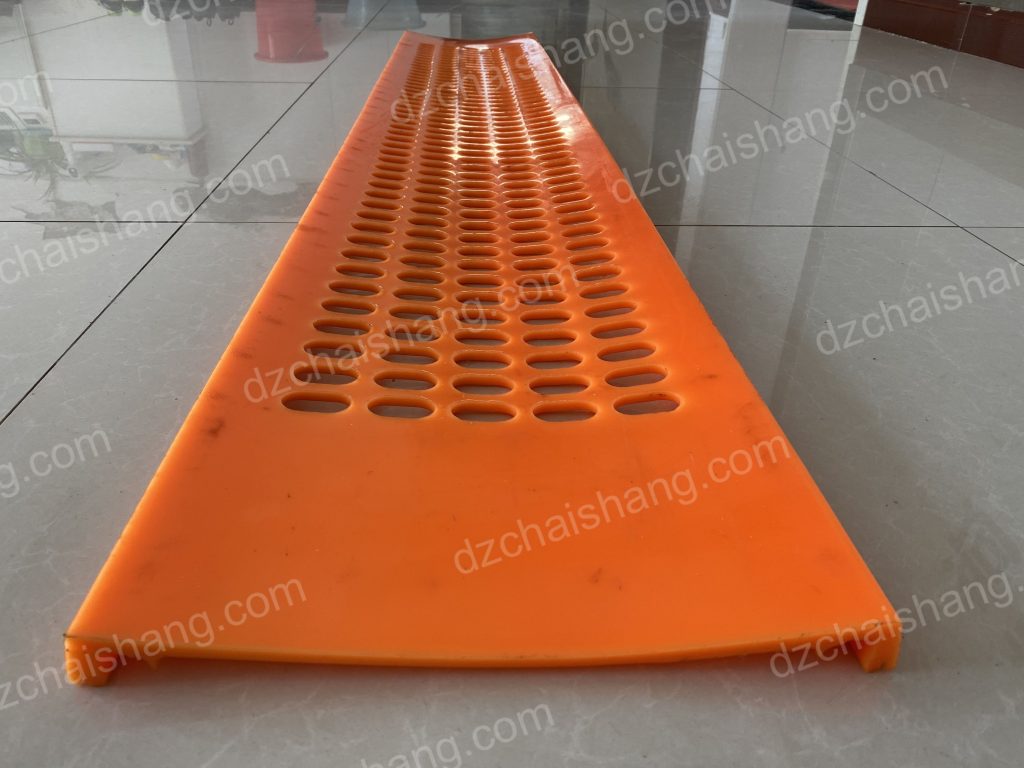
In addition to their functional benefits, polyurethane tailings dewatering screen plates also offer environmental advantages. These plates are made from a non-toxic and recyclable material, making them a sustainable choice for dewatering processes. By using polyurethane plates, industries can reduce their environmental footprint and contribute to a greener future.
In conclusion, the application of polyurethane tailings dewatering screen plates brings numerous benefits to various industries. Their high wear resistance, corrosion resistance, flexibility, and anti-blocking properties make them an ideal choice for efficient and reliable dewatering processes. Moreover, their environmental advantages make them a sustainable option. As industries continue to prioritize efficiency, durability, and sustainability, polyurethane tailings dewatering screen plates will undoubtedly play a crucial role in meeting these demands.

